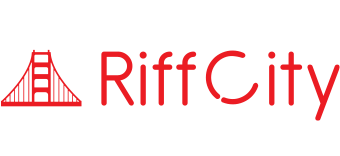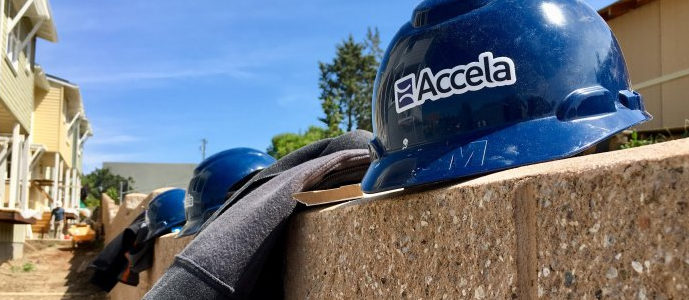Rentable electric scooters are experiencing a national boom both in presence and investments worth billions of dollars, but they are sometimes seen in San Francisco as toys ridden mostly by rich, white men.
But local e-scooter company Scoot is unveiling new numbers that buck that trend, at least in one aspect: Its low income ridership has grown roughly tenfold.
Considering that in April the company boasted only 68 enrollees in its low-income discount program, that may not seem like much. But its enough to have at least one Bayview community member swooning, and to earn mild praise from the San Francisco Bicycle Coalition.
A previous city survey with the San Francisco Municipal Transportation Agency had found that more than 63 percent of e-scooter riders are white men who make more than $100,000 annually.
Now, there are now 661 people enrolled in Scoot’s low-income program, the company confirmed to the San Francisco Examiner on Wednesday.
The new numbers are well timed as the San Francisco Municipal Transportation Agency is on the cusp of selecting which e-scooter companies will be given permits to operate beyond the agency’s pilot program. Scoot is one of two e-scooter companies in the pilot program, which expires in October.
“We are looking into how each company did servicing low income areas and it may factor into our decisions” on who obtains a permit, Benjamin Barnett, an SFMTA spokesperson, said in a statement.
Even previous harsh critics acknowledged that Scoot is improving.
Earl Shaddix, the executive director of the Bayview group Economic Development on Third, skewered Scoot in interview with the Examiner late last year, saying the company did not provide enough e-scooters in the community.
Now, however, he has newfound confidence.
“Scoot has done a complete turnaround,” Shaddix said. “Their outreach exceeded my expectations and they’ve proven to be a true partner on the Third Street corridor.”
And, he added, “I see more and more people riding them.”
The San Francisco Bicycle Coalition championed low-income ridership programs among other tech mobility companies in San Francisco. Melissa Lewis, the coalition’s spokesperson, said in a statement “It’s good to hear that more people have enrolled in Scoot’s low-income program. There’s still work to be done to break down barriers to shared mobility services like Scoot.”
“I will be the first to admit that we didn’t get everything right at first,” Scoot’s founder and president Michael Keating said in a statement. “We know that serving these communities is not just about making our service affordable. It is also about meeting witha nd listening to how we can better serve low-income communities.”
On that note, Shaddix revealed he just attended a community meeting with Scoot about its e-scooter deployment on Tuesday.
“I actually rode the dang thing,” he said.
joe@sfexaminer.com


